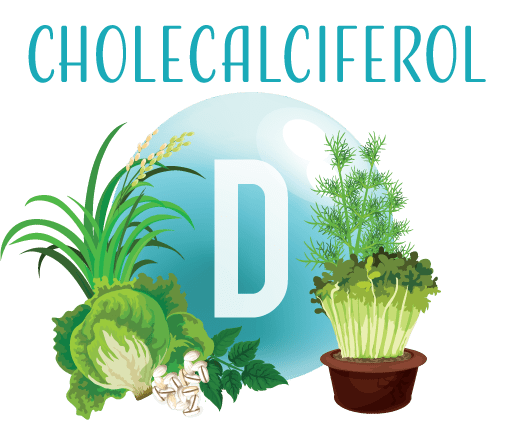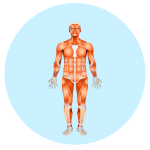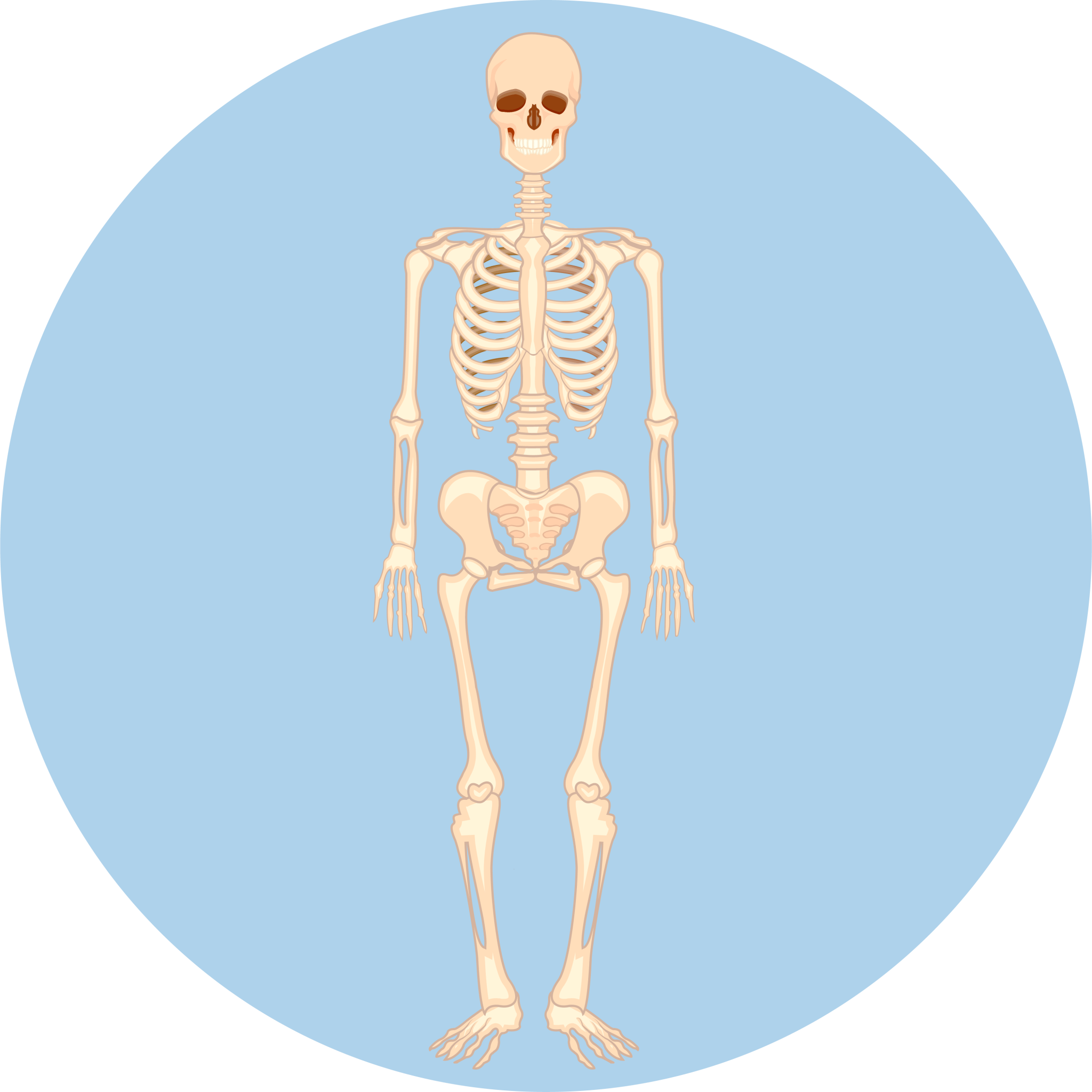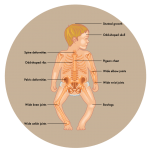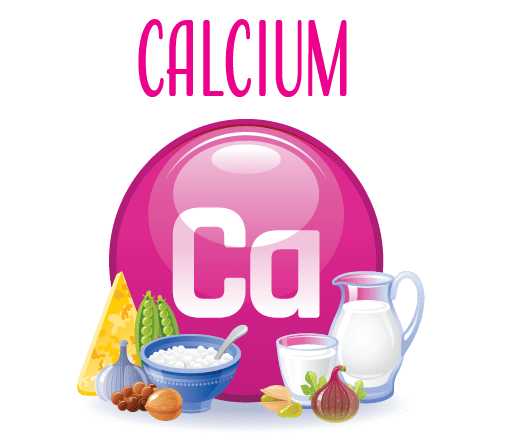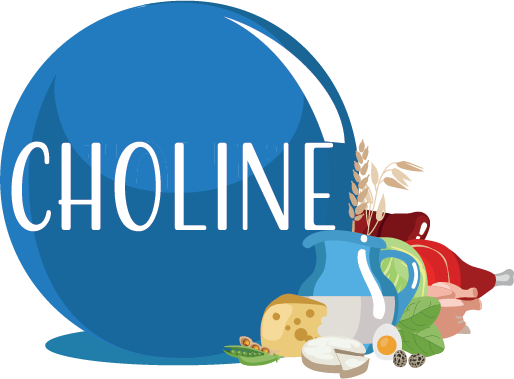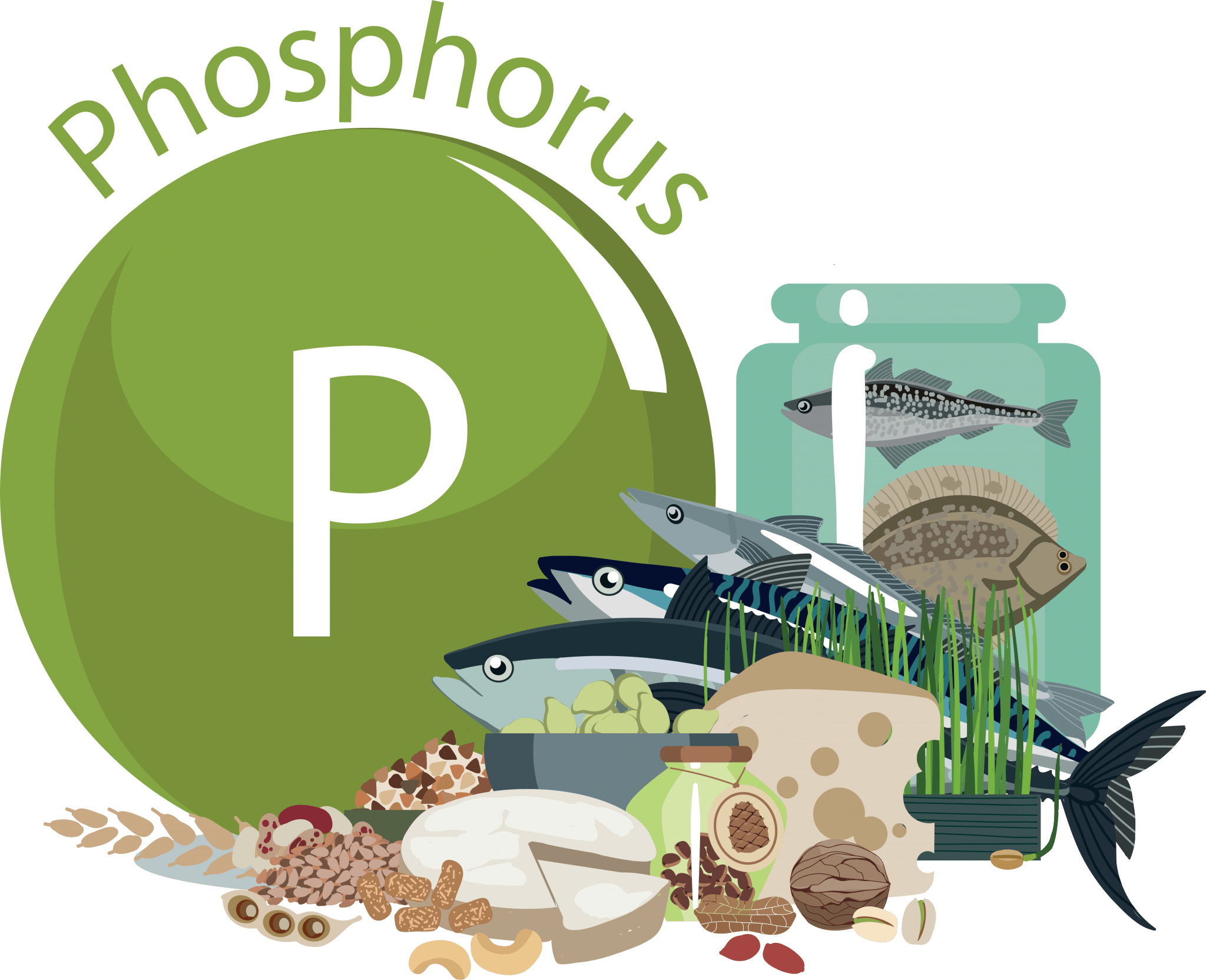Vitamin D is a crucial nutrient that is essential for maintaining healthy bones and teeth. It is a fat-soluble vitamin that helps the body absorb calcium and phosphorus. These minerals are essential for building and maintaining strong bones and teeth, and they also help to maintain a healthy immune system and cardiovascular function.
The most important form of vitamin D is cholecalciferol, which is found naturally in foods such as fish, eggs, and liver. However, the form of cholecalciferol we get from food requires conversion by the liver and kidneys before it becomes active. In other words, the body needs to process it first before it can be used.
It is important to note that vitamin D is also produced by the body when the skin is exposed to sunlight. However, many people do not get enough direct exposure to the sun, which can lead to a deficiency in the nutrient.
